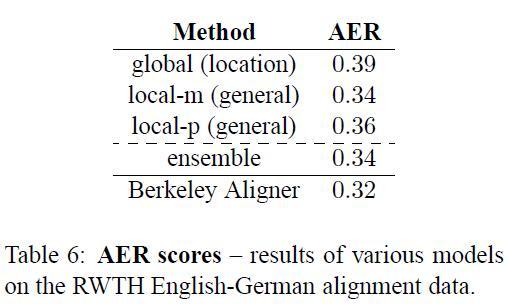|
Precision agriculture, also known as smart farming or satellite farming, is a cutting-edge approach that leverages technology to optimize agricultural practices. This innovative farming system combines various technologies, such as remote sensing, GPS, data analytics, and machine learning, to provide farmers with real-time information about their crops, soils, and environmental conditions. By improving the efficiency and accuracy of farming operations, precision agriculture has the potential to revolutionize the way we produce food. One of the key components of precision agriculture is remote sensing. Satellites equipped with sensors capture images and data, allowing farmers to monitor crop health, detect nutrient deficiencies, and identify diseases or pests in a timely manner. These images are analyzed using advanced algorithms to generate accurate and detailed maps of the fields, enabling farmers to make informed decisions regarding irrigation, fertilization, and pest control. This targeted approach minimizes resource wastage and maximizes crop yields. Global Positioning System (GPS) technology plays a crucial role in precision agriculture. It enables farmers to precisely locate their equipment and track their movements within the field. This information can be integrated with other data sources, such as soil sampling and weather forecasts, to create site-specific prescriptions for planting, spraying, and harvesting. By tailoring these activities to the specific needs of each area, farmers can optimize productivity while reducing costs and environmental impact. Data analytics and machine learning algorithms are essential tools in precision agriculture. By analyzing large volumes of data collected from sensors, satellites, and other sources, these algorithms can uncover patterns and insights that are not easily recognizable by humans. For example, they can identify correlations between weather patterns and crop growth, helping farmers predict yield fluctuations and optimize planting schedules. Moreover, machine learning algorithms can continuously learn and improve over time, providing increasingly accurate recommendations to farmers. The benefits of precision agriculture extend beyond increased productivity and cost savings. By applying inputs only where and when needed, farmers can minimize the use of fertilizers, pesticides, and water, reducing their environmental footprint. This sustainable approach preserves soil health, prevents water pollution, and conserves natural resources. Moreover, precision agriculture enables farmers to respond more effectively to climate change-induced challenges, such as erratic weather patterns and shifting pest populations. In conclusion, precision agriculture is a transformative technology that empowers farmers with real-time data and advanced analytics to optimize their farming practices. By leveraging remote sensing, GPS, data analytics, and machine learning, precision agriculture improves resource efficiency, enhances productivity, and promotes sustainability. As we embrace technological advancements, precision agriculture is poised to play a vital role in ensuring food security for our growing global population while minimizing the environmental impact of agricultural activities.  |
